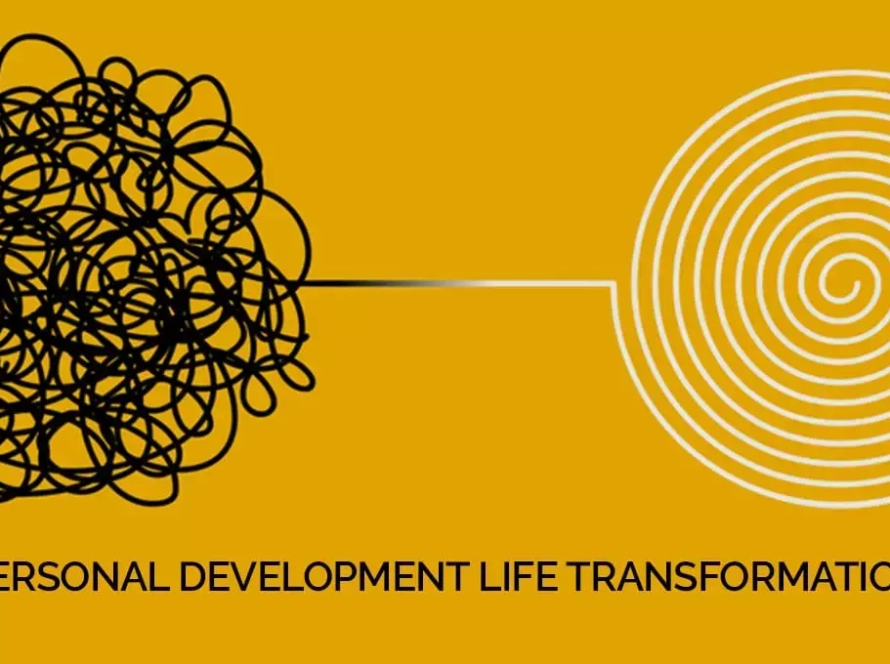Interviews are an important part of the hiring process. Training in interview skills can help job seekers and employers better understand each other, improve interview performance, and increase the likelihood of successful hires. Orator Academy offers interview skills training courses to provide job seekers with the essential tools they need to succeed in interviews.
Our courses cover topics such as interview do’s and don’ts, interview preparation techniques, interview question practice and answer strategies. With Orator Academy, job seekers can develop the confidence to succeed in an interview and make a strong impression on potential employers. Our courses are designed to help individuals prepare for their interviews by offering comprehensive instruction that covers all the common interview topics. Our interview skills training courses are tailored to the individual’s needs and provide the necessary guidance and support to ensure a successful interview outcome. With our interview skills training, job seekers can be confident that they have all the tools they need to succeed in their interviews.
Different Interview Types
Interview skills training is essential for any job seeker. Knowing which interview type, you’ll be facing and how to approach it can give you an advantage in the hiring process. There are seven main interview types that employers use, each of which requires different interview strategies:
1) Traditional Interviews:
This is the most common interview type and involves a face-to-face interview with a hiring manager. Questions are usually more open-ended, allowing for a conversation about your past experience, knowledge, and skills.
2) Panel Interviews:
In this interview type, you’ll meet with two or more interviewers at the same time. It can be intimidating, but interviewers typically take turns asking questions and often focus on different aspects of the job.
3) Phone Interviews:
This interview type involves a phone call with a hiring manager who will ask you questions about your skills, experience, and interest in the position. It’s important to stay focused and speak clearly during this interview type.
4) Video Interviews:
Also known as “virtual interviews”, these interview types involve a video call with the hiring manager. It is important to dress professionally and look directly into the camera when speaking for this interview type.
5) Group Interviews:
In this interview type, questions will usually be more open-ended, allowing you to demonstrate how you work in a team environment.
6) Behavioral Interviews:
These types of interviews, also known as “competency-based interviews,” ask you about how you’ve handled specific situations in the past and how you would handle situations similar to those in the future.
7) Case Interviews:
This interview type involves questions that focus on problem-solving and analytical thinking skills. In these interview types, you’ll be asked to provide solutions to hypothetical scenarios related to the position.
By understanding what interview type you are facing, you can develop interview strategies and interview skills that will give you an advantage in the hiring process. With interview skills training, you can prepare for any interview type and make sure you are ready to impress potential employers.
Presenting Yourself Confidently
The way we present ourselves in an interview can make all the difference. Our body language says a lot about how we feel, and it can be a major factor in whether or not we are successful at securing the job of our dreams. That’s why interview skills training from Orator Academy is so important; it gives interviewees the tools they need to present themselves confidently and effectively.
At Orator Academy, interview skills training begins with learning how to recognize and use positive body language that conveys confidence and competence. This includes good posture, making eye contact, smiling, and nodding in agreement where appropriate. These little things make a big difference in how interviewers perceive interviewees, and interviewees can learn how to utilize these tools with Orator Academy’s interview training.
In addition to body language, interview skills training from Orator Academy also emphasizes the importance of articulating your thoughts and ideas clearly. By paying close attention to vocal elements such as intonation, volume, speed, and clarity of speech, interviewees can be sure that their message comes across in the interview. With Orator Academy’s interview training, interviewees can practice honing these skills and make a lasting impression on interviewers.
Listening Skills
Listening skills are essential for interview success. With interview skills training, job seekers can learn how to really listen and understand the questions that are being asked. They will also gain insight into nonverbal communication and cues that could provide a further understanding of what is being asked.
Good interview listening skills include asking clarifying questions when necessary, refraining from interrupting, and actively listening to the interviewers’ words. Listening fully and processing what is being said is essential for interview success. With interview skills training, job seekers can gain valuable insight into how they can best use their attentive listening skills to respond appropriately during an interview.
Following Up
Following up is an important part of interview success. After interview skills training, job seekers will learn the importance of following up and how it can increase their chances of interview success. Following up with interviewers is a polite and professional way to show that you are interested in the position and eager for a response. It also allows you to thank the interviewers again for taking time out of their day to interview you, as well as inquire about additional information that may be needed. With interview skills training, job seekers can gain the knowledge they need to craft a strong follow-up message that stands out from the rest and ensures their interviewers remember them long after their interview has ended.
Conclusion
It is clear that interview skills training can be a major asset in the job search process. By understanding what interview type you are facing, learning how to present yourself confidently, honing your listening and communication skills, and following up effectively, you can give yourself an advantage in the hiring process.
At Orator Academy, we provide interviewees with the tools they need to make sure their message comes across clearly and impresses potential employers. Our interview skill training will help you prepare for any interview type so that you stand out from other applicants and increase your chances of success!



